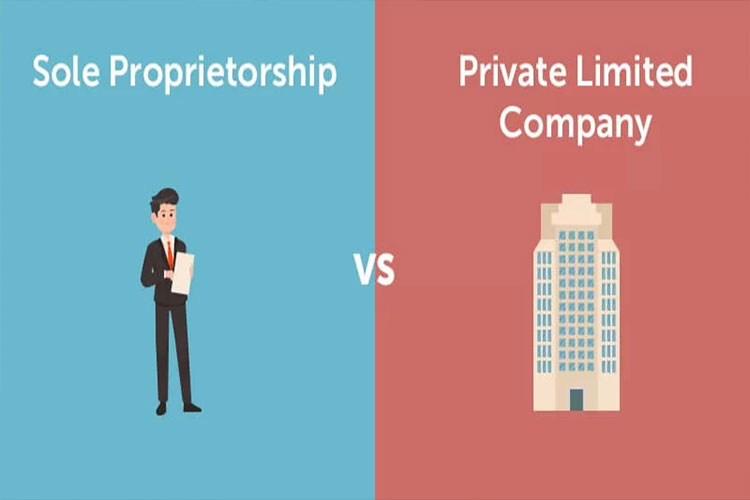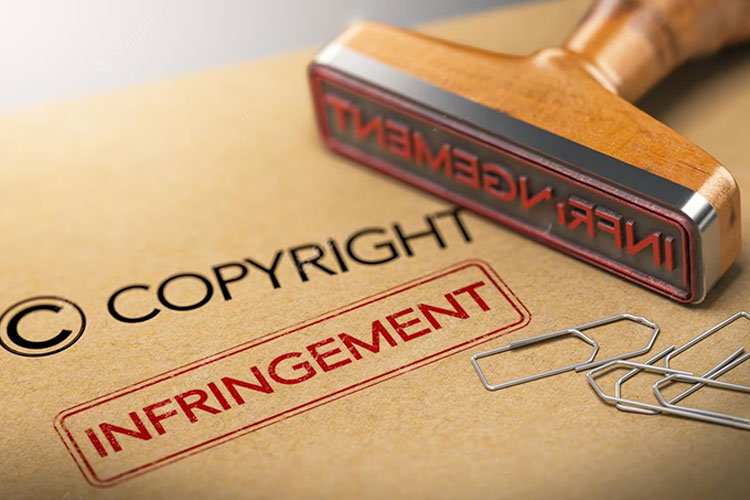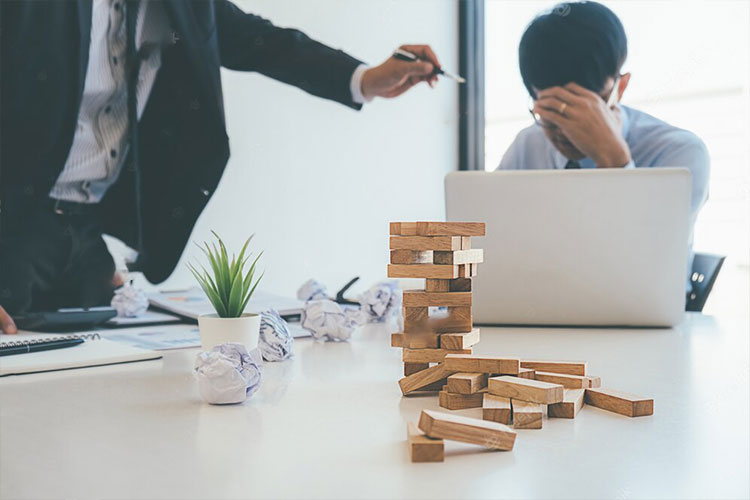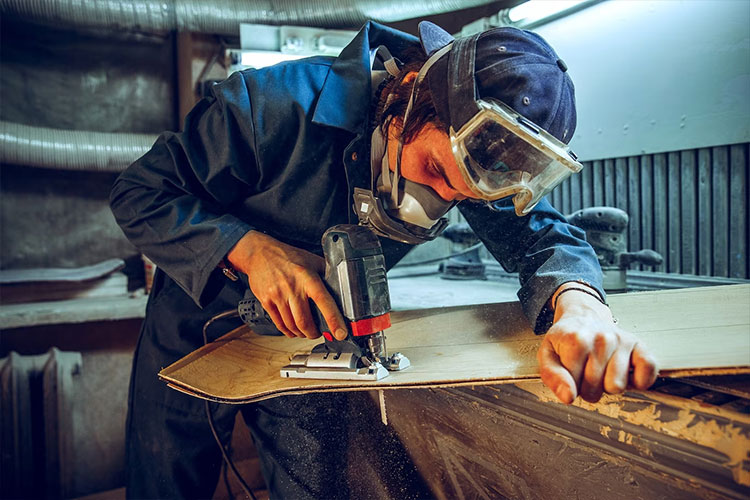

Copyright infringement is an increasing threat to the rights of creative professionals and businesses in India. As the digital world grows, so does the misuse of intellectual property. The unauthorized use, reproduction, or distribution of copyrighted works—whether it be literature, music, films, or digital content—undermines the efforts of original creators. At Madaliya, we are committed to helping creators and companies understand and assert their rights to safeguard their intellectual property in the evolving digital environment.
Understanding Copyright Infringement
In India, copyright is protected under the Copyright Act, 1957, which grants exclusive rights to authors, artists, musicians, filmmakers, and other creators. Copyright infringement occurs when someone uses a protected work without the permission of the copyright owner. This includes reproducing, publishing, distributing, or adapting the work without legal consent. Such unauthorized actions deprive creators of the recognition and income they deserve. The law is clear: these exclusive rights must be respected, and any violation is subject to legal action.
Legal Remedies for Copyright Infringement
When a copyright owner suspects infringement, they can begin by issuing a cease and desist notice, demanding that the infringing party stop using the content immediately. If this notice is ignored, the copyright owner can proceed with legal action in a civil court. Legal remedies include filing a lawsuit to seek an injunction that stops further use of the copyrighted material and claiming financial damages for any losses incurred. The court may also order the destruction or seizure of pirated copies. In serious cases, criminal proceedings may be initiated, which could result in fines or imprisonment for the offender. At Madaliya, we assist our clients in every stage of this process, from issuing notices to representing them in court.
Proving Copyright Infringement
To take effective legal action, the copyright holder must prove three essential elements: ownership of the copyrighted work, substantial similarity between the original and the infringing work, and access by the infringer to the original work. Ownership can be established through documents such as copyright registration, original drafts, or contracts. The infringing work must be shown to be closely similar in form or expression to the original, not just inspired by it. Finally, there must be evidence that the infringer had access to the work before creating their version. This evidence forms the foundation of any legal claim, and Madaliya strongly encourages all creators to maintain thorough documentation of their work.
Practical Tips for Copyright Protection
One of the most important steps a creator can take is to register their work with the Indian Copyright Office. Although copyright protection is automatic upon creation, registration provides concrete legal proof of ownership in the event of a dispute. Including a copyright notice on published works, such as the © symbol followed by the year and the owner’s name, can also serve as a deterrent. Regularly monitoring digital platforms, social media, and websites for unauthorized use of your work is essential. At Madaliya, we guide our clients on how to set up effective monitoring practices and gather evidence, such as screenshots or URLs, in case legal enforcement becomes necessary.
Conclusion
In today’s digital-first world, copyright infringement is not just a legal issue—it is a threat to creativity and business integrity. Fortunately, Indian law provides strong tools to combat this challenge. Understanding your rights under the Copyright Act, 1957, and knowing the proper legal steps to take, empowers you to protect what’s rightfully yours. Madaliya supports artists, entrepreneurs, and businesses in their fight against copyright violations by offering legal expertise and proactive strategies. Taking timely action not only defends your work but also sets a precedent that creativity and innovation must be respected.
FAQ's
1. What is copyright infringement in India?
Copyright infringement in India refers to the unauthorized use, reproduction, distribution, or adaptation of a copyrighted work without the permission of the copyright owner. Under the Copyright Act, 1957, such acts are illegal and can result in civil or criminal legal action.
2. What legal action can be taken against copyright infringement in India?
If you experience copyright infringement, you can send a cease and desist notice to the offender. If the infringement continues, you can file a civil lawsuit seeking an injunction and damages. In serious cases, criminal charges may be filed. Madaliya assists clients through every step of this legal process.
3. How can I prove copyright infringement in court?
To prove copyright infringement, you must establish ownership of the original work, show substantial similarity between your work and the infringing version, and prove that the infringer had access to your content. Documentation, registration, and collected evidence play a crucial role in building a strong legal case.
4. Is it necessary to register my copyright in India to take legal action?
Although copyright is automatically granted upon creation, registration is highly recommended. It acts as legal proof of ownership and strengthens your case in court. Madaliya helps creators register their works for better legal protection.
5. How does Madaliya help protect my creative works from infringement?
Madaliya provides end-to-end support for protecting your intellectual property. This includes copyright registration, monitoring online infringements, sending legal notices, and representing clients in civil or criminal copyright cases. We help you take timely action to protect and enforce your rights.






